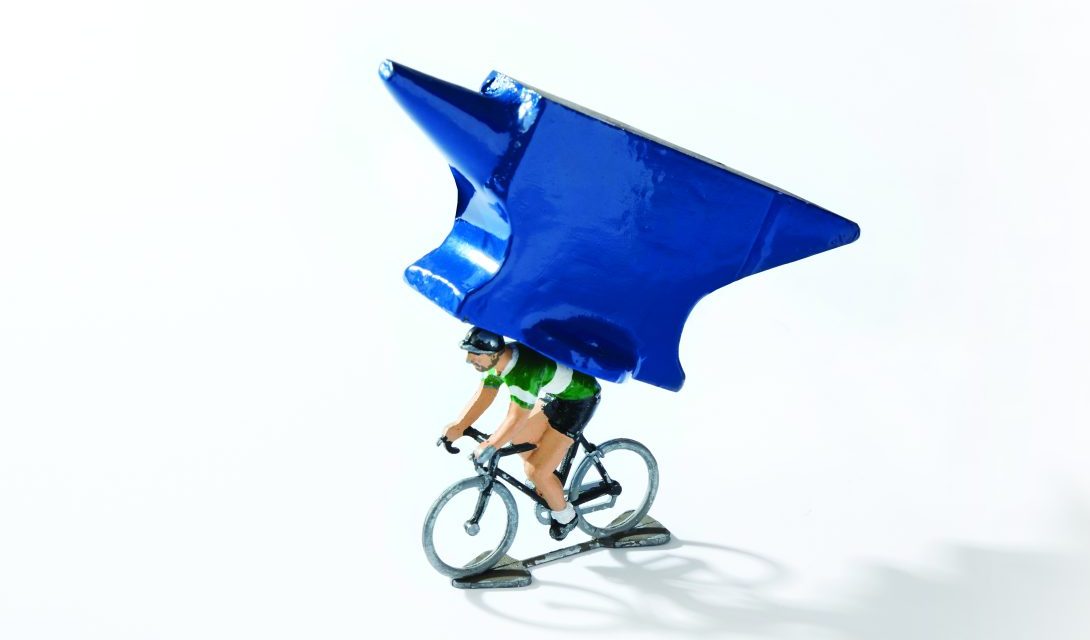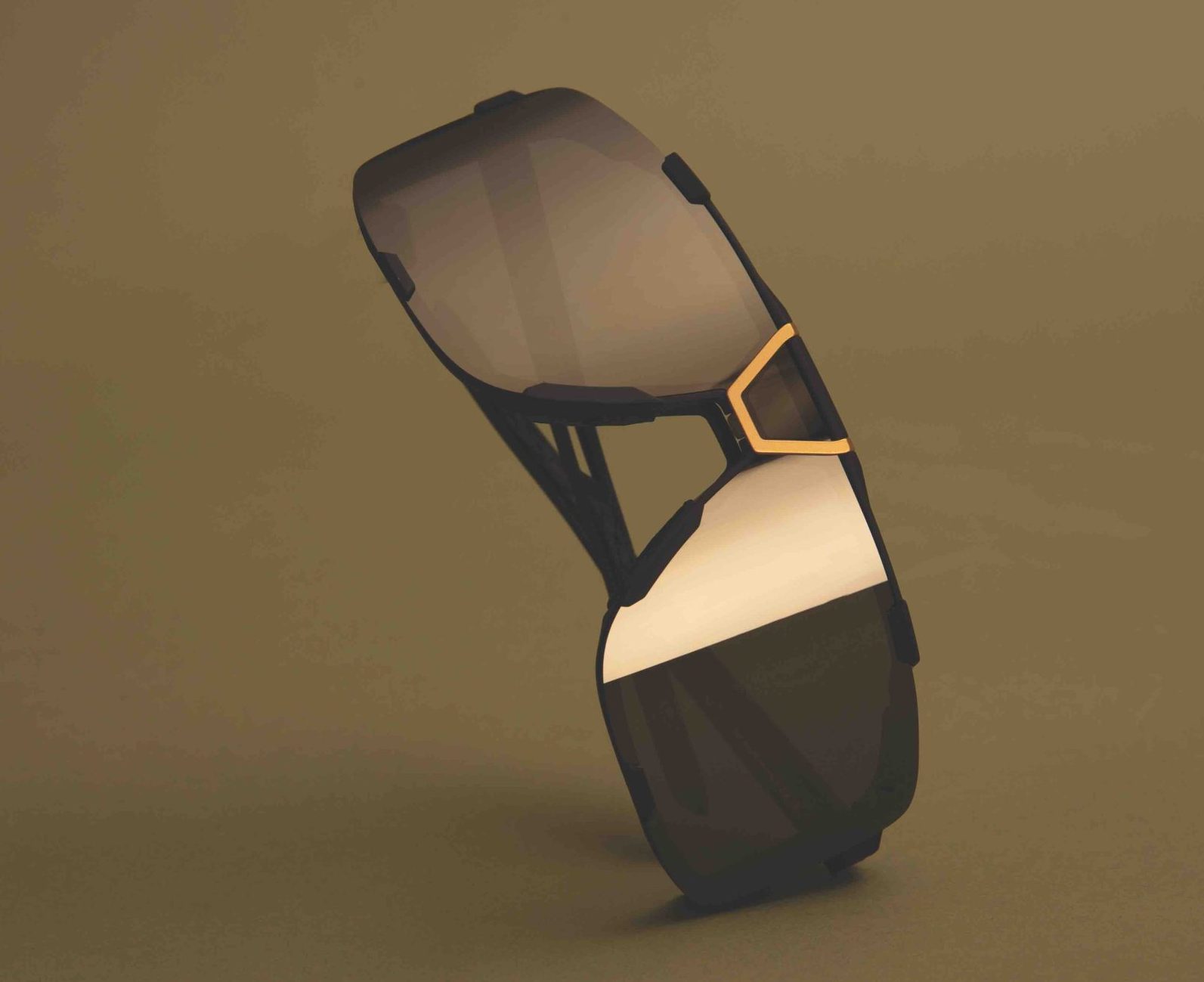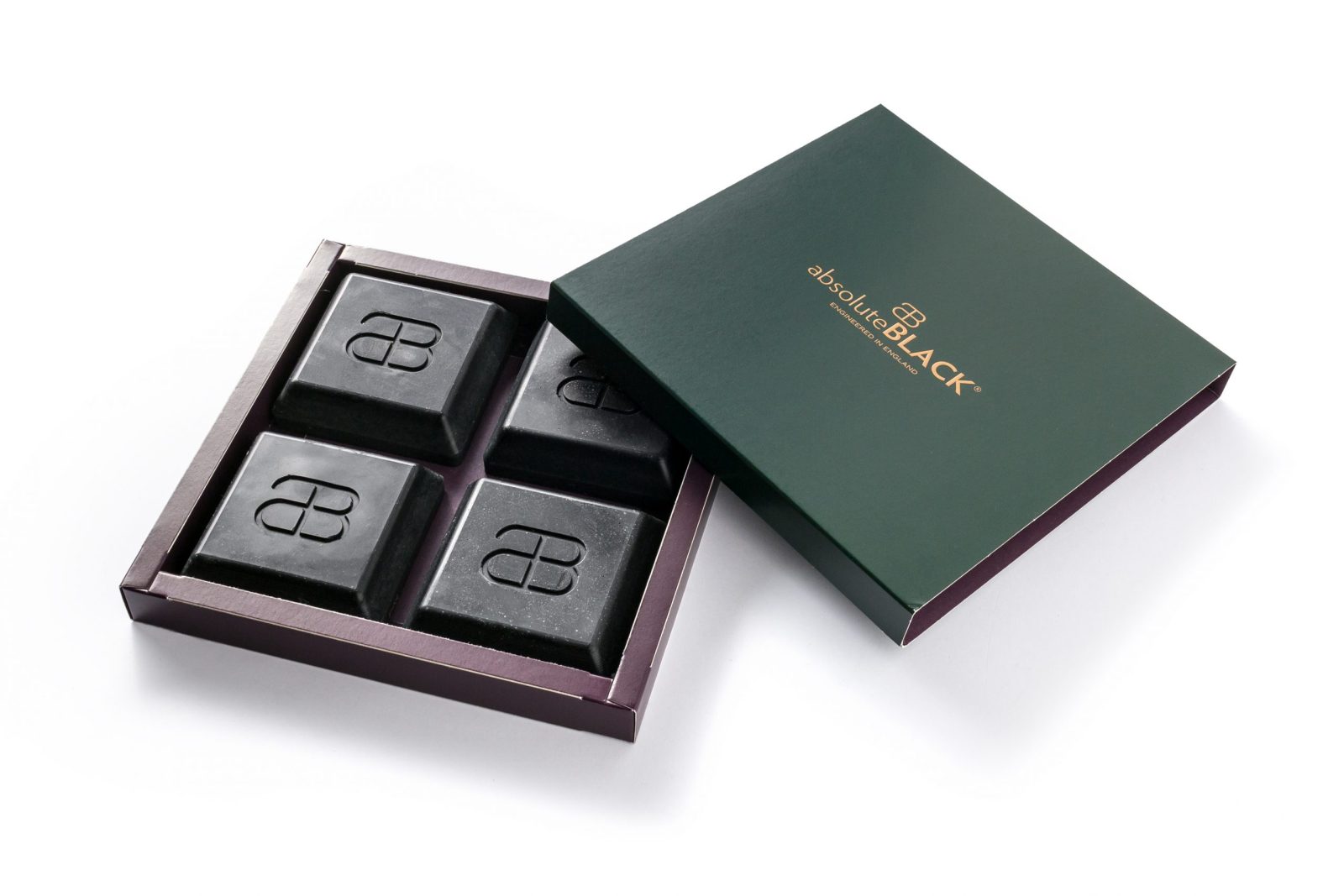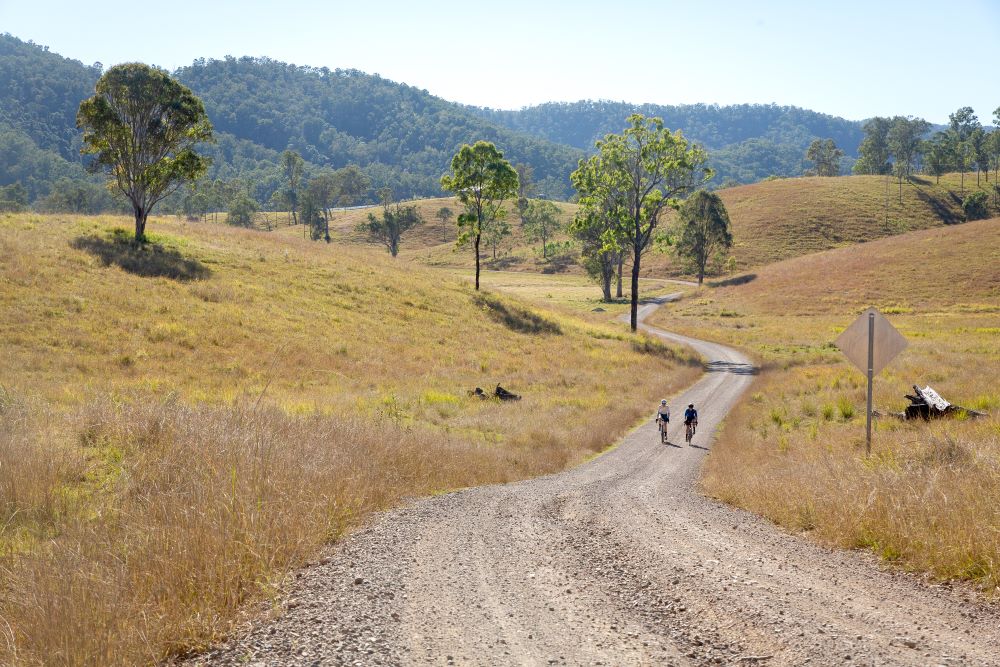We can’t help obsessing over the weight of our bikes – but we really shouldn’t, argues Pete Muir

Last issue my esteemed colleague, James Spender, penned an opinion piece entitled ‘Weight matters’. And, of course, he’s right.
Weight matters a lot if, say, you are deciding who should go at the top of a human pyramid.
But when it comes to bicycles, weight doesn’t matter nearly as much as we think it does.
I’m not suggesting it is irrelevant – plainly a one-tonne bicycle would be a nightmare to ride compared to a 10kg bicycle – but weight is given far too much importance when it comes to how we assess the quality and suitability of the bikes we choose to ride.
Whenever a manufacturer releases a new version of its top-tier road bike, it will be lighter than before.
Brands make a big fuss about the percentage of weight they have managed to strip from a frame and how much lighter they are than rival frames, but we shouldn’t allow ourselves to be bamboozled by the numbers.
Last issue, James called on his maths skills to justify the need for lightness.
Well, it turns out I’ve got some of those too, so here’s some more maths.
Imagine brand X makes a bike frame that weighs 1kg.
Thanks to hi-tech materials and advanced fabrication techniques, when X releases version two of the bike it does so with the proud proclamation that is has reduced the frame weight by 10%.
That’s a big difference – 10% is headline-grabbing news – but what does it mean in reality? The new frame now weighs 900g.
If the original bike was built up to weigh, say, 8kg then the new one now weighs 7.9kg, a reduction of 1.25%. Add in rider weight (in my case 80kg) and a couple of kilos of clothing and accessories, and the overall reduction in weight comes to a measly 0.11%.
Now factor in that weight only really matters when you’re going uphill, and that even then a gradient has to be over 6% before weight matters more than wind resistance.
I don’t know where you ride, but on my local loops the amount of climbing at above 6% can’t be more than about a tenth of the route.
For the money I’ve shelled out to get that 10% reduction in frame weight, the resultant time saving over a 100km ride can be measured in fractions of seconds.
And that assumes I give a hoot about time.
Priorities, priorities
In his defence of lightness, James points out that pro riders love a light bike, so weight must make a difference to speed. Pro riders really care about those fractions of seconds. I don’t.
If I’m on a really big climb, a lighter bike will certainly make it easier for me to get up it.
Or I could just change gear.
With a click of a lever, the bike’s weight is rendered irrelevant to the amount of energy I must exert – I just have to be prepared to go a bit slower. Which I am.
There will be plenty of riders out there – pro and amateur alike – for whom speed is everything, and who would gladly pay to shave those grams.
But I suspect most riders, like me, just want to enjoy the ride. Yes, we still want to go fast, but not at the expense of comfort, handling and that most ambiguous of concepts, ride quality.
That’s why bike manufacturers and customers are so obsessed with weight: it’s measurable.
In a world where it can be tricky to tell bikes apart, you need proof that Bike A is somehow superior to Bike B, and to do that you need things that can be measured and compared.
You need to be able to announce that your new bike is X% stiffer, Y% more aerodynamic (measured at W° yaw angle) and Z% lighter.
And because most of us struggle to understand torque or coefficients of drag, weight is the one we fixate upon.
We all know what 100g looks like – it’s about the weight of a wristwatch.
However, the things that make a bike truly great can’t be measured.
How do you quantify ride quality? What’s the unit of measurement for fun? How many whoops make a wow? The true value of a bike lies in how it makes you feel; whether it sticks a big, dumb grin on your face.
The best bike is not the lightest, it’s the one you want to ride.
The problem is how you find that perfect two-wheeled soulmate if you can’t compare numbers.
My advice is to listen to people you trust, try lots of bikes yourself and read reviews by people who know what they’re on about (cough, see Tested on p135).
And stop looking at weight charts.
Weight might buy you an improved time, but it can’t buy you a good time.


